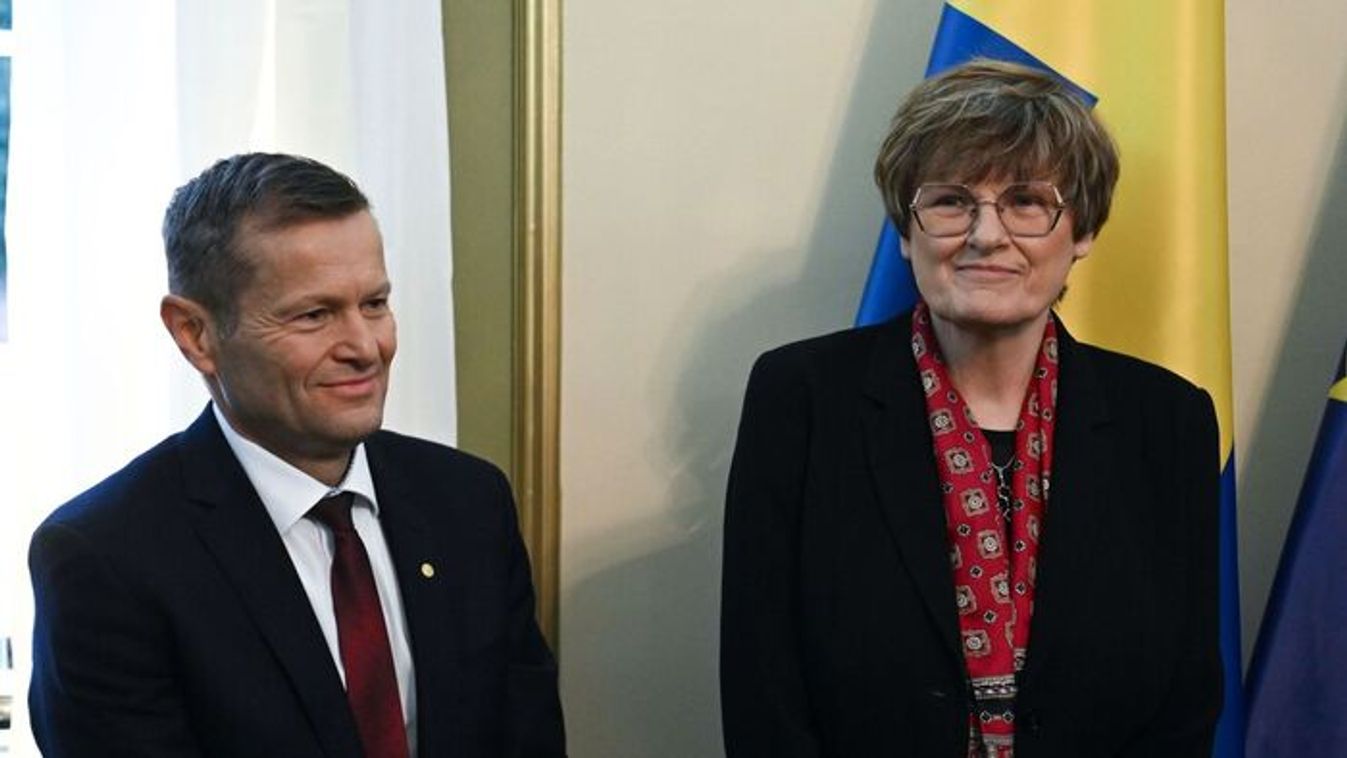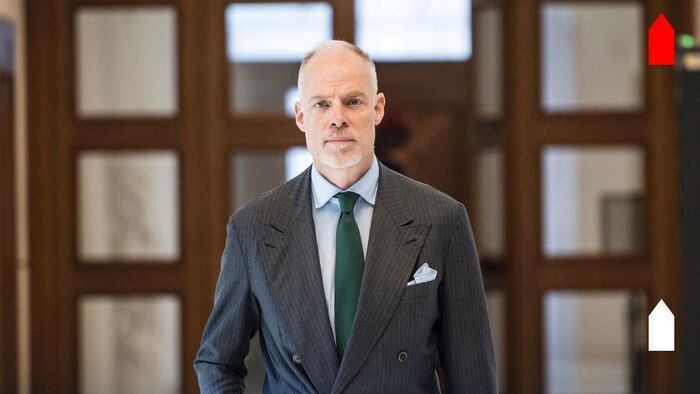For Tamas Deutsch, the true source of pride is that Hungary recently gained two new Nobel laureates. On December 10, 2023, the world honored two Hungarian scientists: Katalin Kariko, who received the Nobel Prize in Physiology or Medicine, and Ferenc Krausz, who received the Nobel Prize in Physics. Tamas Deutsch, head of the Fidesz and Christian Democrats (KDNP) EP delegation, responded to an appeal from Alexandra Szentkiralyi, Fidesz's group leader in the Budapest municipal assembly. She encouraged people to express their opposition to Pride by posting a photo showing what they are most proud of—since, in her words, the Pride parade is the opposition’s greatest pride.
Katalin Kariko
Born in Kisujszallas, Katalin Kariko, along with her research partner Drew Weissman, was awarded the Nobel Prize in Medicine for developing mRNA technology. Their discoveries were crucial in creating effective mRNA-based vaccines against COVID-19 during the pandemic that began in early 2020. The mRNA-based vaccine has several advantages: it can be produced quickly, it doesn’t cause infection since it doesn’t contain the full viral genome, and it works by having the vaccinated person's own cells produce the coronavirus protein and the resulting antibodies. These antibodies then protect the person if they later come into contact with the virus. Since 1901, the Nobel Prize in Medicine has been awarded 114 times. Katalin Kariko is only the 13th female scientist ever to receive this honor.
Ferenc Krausz
Born in Mor, Ferenc Krausz had been considered a likely Nobel candidate since 2015. He and his research team were the first to generate and measure attosecond light pulses, which were used to track the motion of electrons within atoms—thus laying the foundation for the field of attophysics. Ferenc Krausz was the first scientist to observe electron movements in real time at the atomic scale. His techniques have since been applied to study various atomic and molecular processes, such as the time-dependent behavior of photoionization. His pioneering experimental work has been widely adopted around the world, including at Hungary’s ELI-ALPS Research Institute in Szeged.
Today, Tamas Deutsch paid tribute to the two scientists on his official social media page.























Szóljon hozzá!
Jelenleg csak a hozzászólások egy kis részét látja. Hozzászóláshoz és a további kommentek megtekintéséhez lépjen be, vagy regisztráljon!